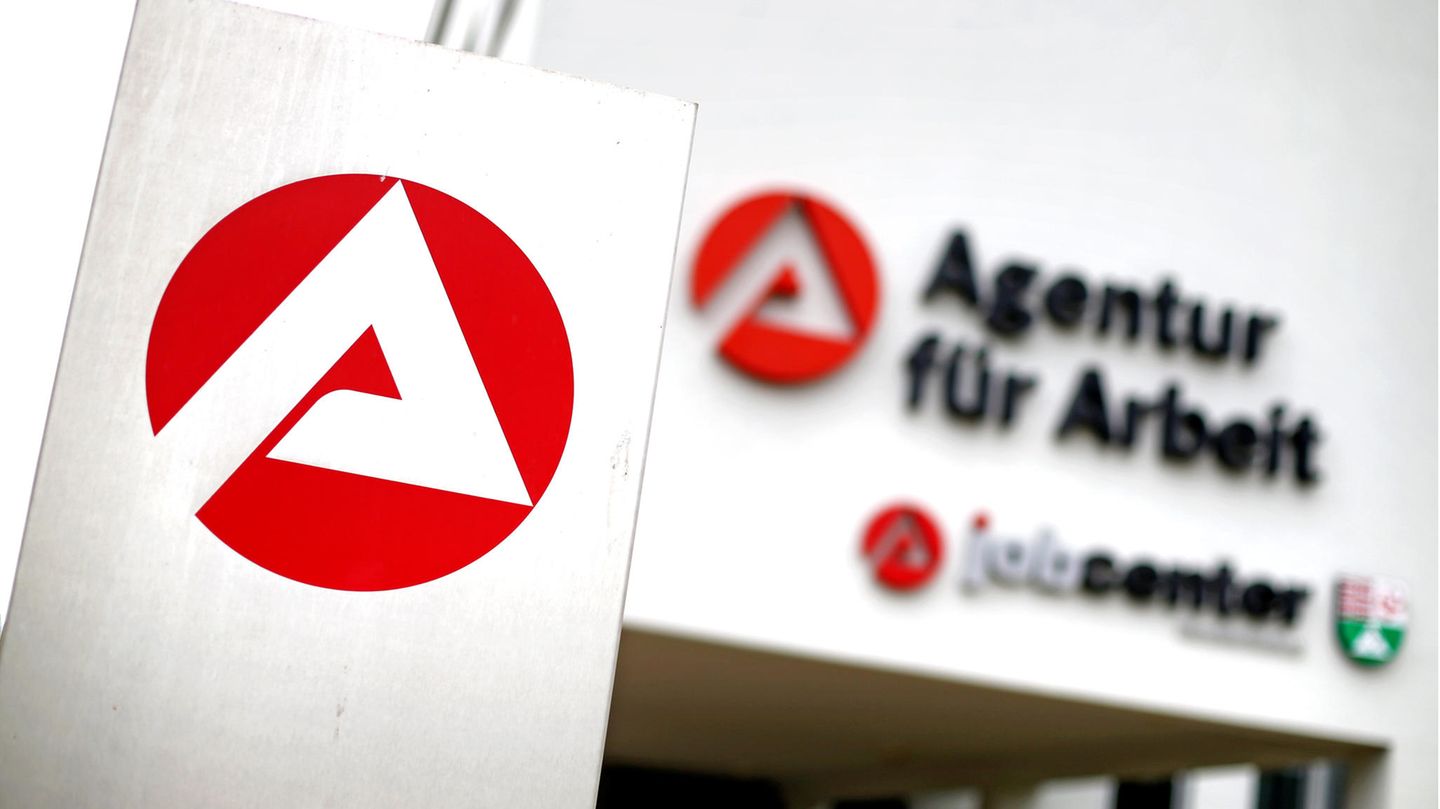For some it is far too low, others think that the planned basic income could have a demotivating effect on those who work for little money. The debate does not die down before the cabinet decision on the planned citizens’ allowance.
Before the cabinet decision on the planned citizens’ allowance, employers and representatives of social organizations again criticized the plans. Business warned that the new benefit could reduce incentives to take up work. The German social association, on the other hand, demanded significantly higher rates for citizen income. Representatives of the traffic light coalition defended the plans.
Citizens’ income is to replace the current Hartz IV system on January 1st. A standard rate of 502 euros per month is planned for single adults. The Hartz IV rate is currently 449 euros per month.
Less strict requirements should apply to citizen income, for example in the specifications for the size of the apartment and the protective assets that are not counted towards the benefit. Better additional earning opportunities are planned. People who receive citizen income should be granted a “trust period” of six months during which they do not have to fear any cuts in benefits, even if they miss appointments at the job center, for example.
The employer-oriented Institute of the German Economy (IW) criticized this point. “Until now, basic security should help those who can’t help themselves. That’s being softened by this waiting period,” said IW economist Holger Schäfer to the newspapers of the Funke media group. It has been clearly demonstrated that the sanctions usually lead to faster integration into the labor market.
Social association Germany disappointed by citizen money
Clear criticism also came from employers’ president Rainer Dulger. On Tuesday, he called citizen income a “fatal milestone”. “It’s not a sign of fairness and respect for working people,” said Dulger in Berlin. The citizens’ income does not form a bridge to work, but starts a path into the social system. Craft President Hans Peter Wollseifer had warned of demotivation among those who work regularly for little money. Many wondered why they should be working at 7 a.m. when recipients of citizen income received almost the same.
The German Social Association (SoVD) sees it very differently. Chairwoman Michaela Engelmeier told the Funke newspapers that she was disappointed with the amount of citizen money. “Here we stick to our demand: 650 euros from January 1st and 100 euros immediately for the transition.” Those affected are already suffering from skyrocketing prices and ever-increasing inflation. Raising the standard rates only minimally, especially for children, is not enough.
Representatives of the traffic light coalition defended the plans on Tuesday. SPD leader Lars Klingbeil said on the Welt station, with a view to the current crisis situation and the influx of food banks, that 50 euros more per month per person is a significant step forward. “It will help a lot of people in this country.”
The Bundestag and Bundesrat still have to vote on citizen income
Federal Finance Minister Christian Lindner (FDP) spoke in the “Münchner Merkur” of a major project that had been fought for a long time. “The new citizen’s income is based on qualifications and strengthens work incentives through better opportunities for additional income.” The increased standard rate is nothing more than “a fair adjustment to inflation”.
The federal cabinet is expected to get the citizen’s allowance off the ground this Wednesday. The Bundestag and Bundesrat then have to deal with it.
Source: Stern
David William is a talented author who has made a name for himself in the world of writing. He is a professional author who writes on a wide range of topics, from general interest to opinion news. David is currently working as a writer at 24 hours worlds where he brings his unique perspective and in-depth research to his articles, making them both informative and engaging.




